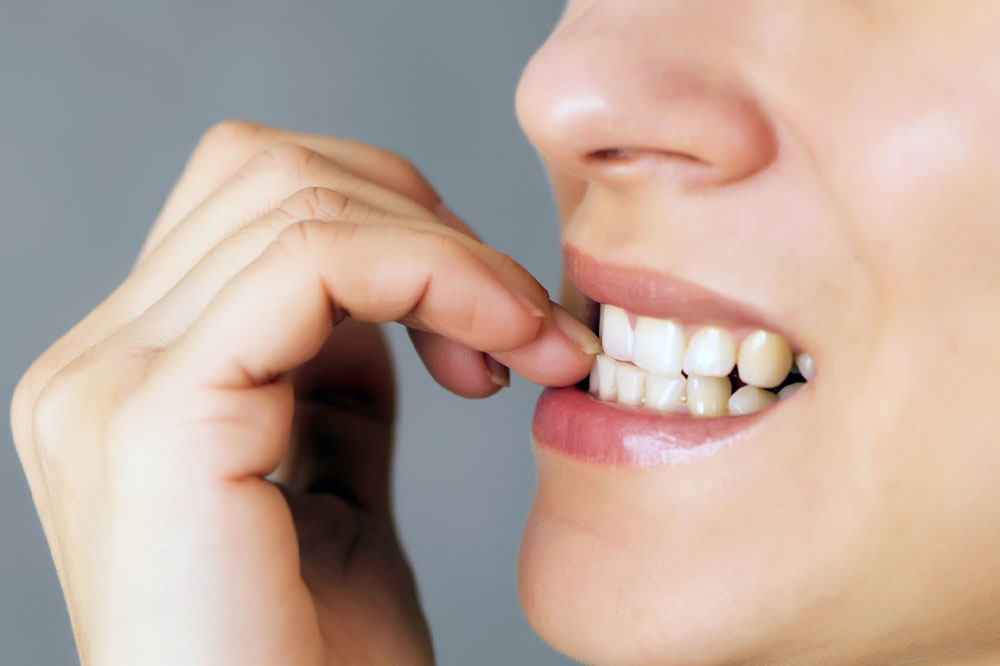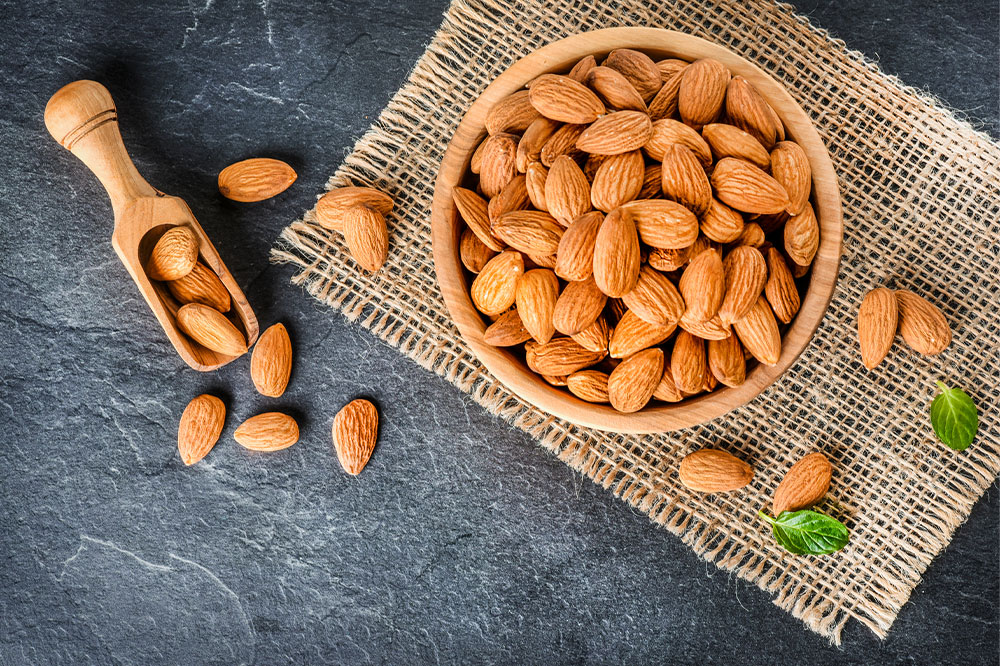6 unhealthy habits that can trigger or worsen headaches
Headaches can range from mild to severe throbbing sensations that disrupt your daily routine. Though headaches are considered normal, chronic headaches can be a cause of concern. If the headache persists even after taking many measures to manage it, it is advisable to consult a health expert. Furthermore, chronic headaches might also necessitate lifestyle changes as certain unhealthy habits can worsen the conditions. A few such bad habits to avoid are listed below. You have poor posture Your shoulders and neck can feel strained if your posture is not correct. The way a person sits, stands, and even sleep can put pressure on their back and neck. It can lead to stiffness, tightness, and tension in and around the shoulders, neck, and jaw. Unhealthy habits such as slouching while using the desk or hunching your shoulders while sitting are some examples of bad posture that can cause and worsen headaches. You are experiencing muscle tension Another common cause of headaches is muscle tension. Tensions in the back, shoulders, scalp, neck, forehead, chest, and jaw can trigger mild to severe headaches. Muscle tension can arise due to excessive stress and not taking breaks while doing tasks that demand repetitive muscle movements, including exercises, lifting, carrying heavy items, and typing.
Read More 









